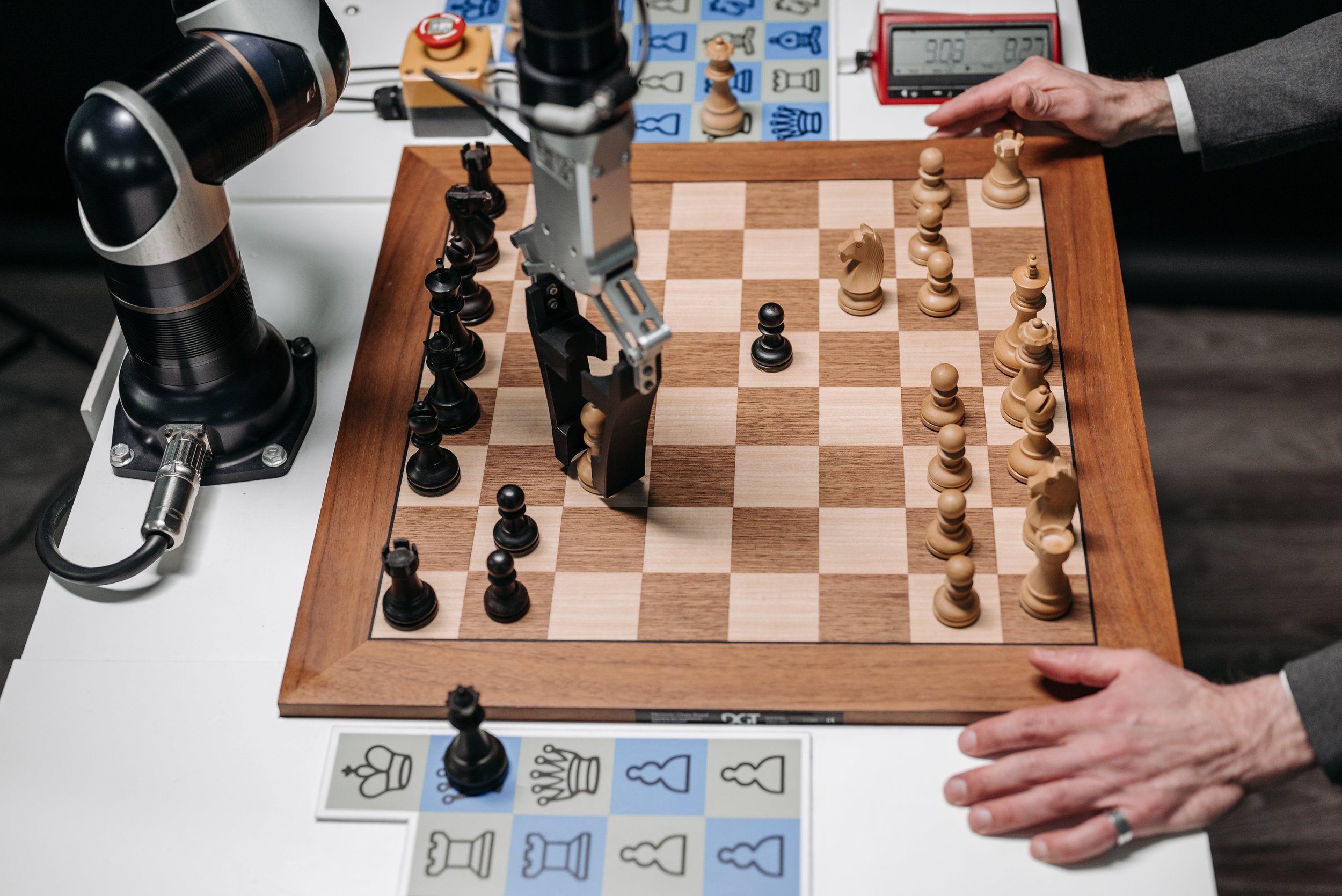Harnessing AI: A Strategic Partnership in Learning and Performance Improvement
As concerns about the encroachment of artificial intelligence (AI) on human tasks grow, recent research provides a fresh perspective, emphasising AI's potential to train and enhance human performance, particularly in complex strategic interactions. Drawing insights from AI's transformation of the chess domain, a study sheds light on how AI can act as a valuable training partner.
Chess computers, pioneering AI applications, exemplify complexity and the ability to simulate human thought processes. The study delves into the historical availability of chess computers in Western Europe and the Soviet Union, revealing a significant impact on player performance. Access to chess computers, the study contends, accelerated learning and conferred a competitive edge by serving as substitutes for scarce human training partners.
Analysing data from over 20,000 chess players and half a million tournament games, the study finds that disadvantaged players with lower skills benefited more from chess computers. Two crucial factors determine the extent of benefit: the AI system must surpass the player's skill level for effective training, and the lack of access to human training partners makes AI an essential replacement; this underscores AI's potential as a democratising force, especially in resource-scarce situations. Combining AI-powered training with real-world practice and interactions with human partners can provide a more comprehensive learning experience.
AI's potential is evident across diverse industries. For instance, in customer service training, where traditional methods like role-playing exercises are challenging to scale, AI-generated simulated scenarios can offer cost-effective and scalable solutions. The ability of AI to provide consistent and extensive training experiences can benefit a larger workforce.
However, the study acknowledges that there are better substitutes for human training partners than AI. Players who exclusively trained with chess computers exhibited shortcomings in recognising and capitalising on human errors, a crucial skill in strategic interactions. The study emphasises the importance of a balanced approach, combining AI-powered training with real-world practice to develop a well-rounded skill set.
While AI-powered training platforms provide accessible and scalable learning opportunities, relying solely on AI for training has limitations. The study suggests that excelling in strategic interactions requires harnessing the strengths of both AI and human intelligence. The future may see humans armed with AI outperforming those without, emphasising the symbiotic relationship between humans and AI in the learning and performance improvement landscape.

